Northern Ireland Protocol ruled lawful at Belfast High Court
In a major blow to unionists and loyalists in the north of Ireland, the Northern Ireland Protocol has been judged to be lawful by a High Court judge in Belfast.
The challenge to the protocol’s legality was brought before the High Court in Belfast by a group of leading unionist politicians, notably the former leader of the Democratic Unionist Party (DUP), Arlene Foster, and the former leader of the Ulster Unionist Party (UUP), Lord David Trimble.
The unionists had claimed the protocol is unlawful on the grounds that it allegedly conflicts with the 1998 Good Friday Agreement and the Acts of Union.
The 1998 Good Friday Agreement brought Northern Ireland’s low-level Civil War to an end, whereas the Acts of Union which were ratified nearly 200 years earlier in 1800 integrated Ireland into the UK.
However, the unionist challenge was rejected on all grounds by Justice Colton of the Belfast High Court.
In his ruling Justice Colton found that the Withdrawal Agreement Act of 2020 (which paved the way for Brexit), of which the protocol is a part, does indeed conflict with the 1800 Acts of Union in relation to free trade between Northern Ireland and the rest of Britain.
However, by reference to a subtle legal argument, Justice Colton ruled that the relevant parts of the Acts of Union are “impliedly repealed” by the Withdrawal Agreement Act.
In his overall judgment, Justice Colton said the Acts of Union cannot be used to override the “clear specific will of Parliament”.
Furthermore, the High Court judge also dismissed the argument that the Northern Ireland Protocol has changed the constitutional status as defined by the 1998 Good Friday Agreement.
Despite the clear ruling, the judgment (passed on Wednesday, June 30) is widely expected to be appealed, potentially at the Supreme Court, before the end of the year.
Political reactions
Prime Minister, Boris Johnson, was grilled about the ruling at Prime Minister’s Questions in the House of Commons on Wednesday (June 30).
DUP MP, Ian Paisley, asked the PM if he would “reverse the mistakes of the Northern Ireland Protocol, seize the moment, defend the union to unilaterally fix and put Northern Ireland out of its commercial, social and economic misery”.
In reply, the PM said: “Nothing will affect the position of Northern Ireland as part of the UK – we will make sure we uphold that”.
More broadly, the Prime Minister tried to assuage unionist anger by saying the government would “study in detail” the High Court ruling
The most authoritative unionist reaction was delivered by the DUP leader-designate, Jeffrey Donaldson, who described the ruling as “politically significant” with potential consequences for “the future stability of political institutions [in Northern Ireland]”.
In a tweet, Donaldson argued that the legal judgment confirmed the "protocol damages our constitutional position in the UK contrary to the principle of consent and various agreements".
But UUP leader, and MLA (Member of the Northern Ireland Assembly) for South Antrim, Steve Aiken, appeared more conciliatory by acknowledging the judgment, before adding the ruling is "an issue of such magnitude that it needs to be appealed to a higher court".
D-8’s role in Iran’s economy after Cairo summit
China slams US as ‘war-addicted’ threat to global security
China ‘firmly opposes’ US military aid to Taiwan
VIDEO | Press TV's News Headlines
President Yoon Suk Yeol to be removed from office
At least 19 Gazans killed by Israeli airstrikes since dawn: Medics
Leader: Iran neither has nor needs proxy forces
US fighter aircraft shot down ‘in friendly fire’ amid aggression on Yemen


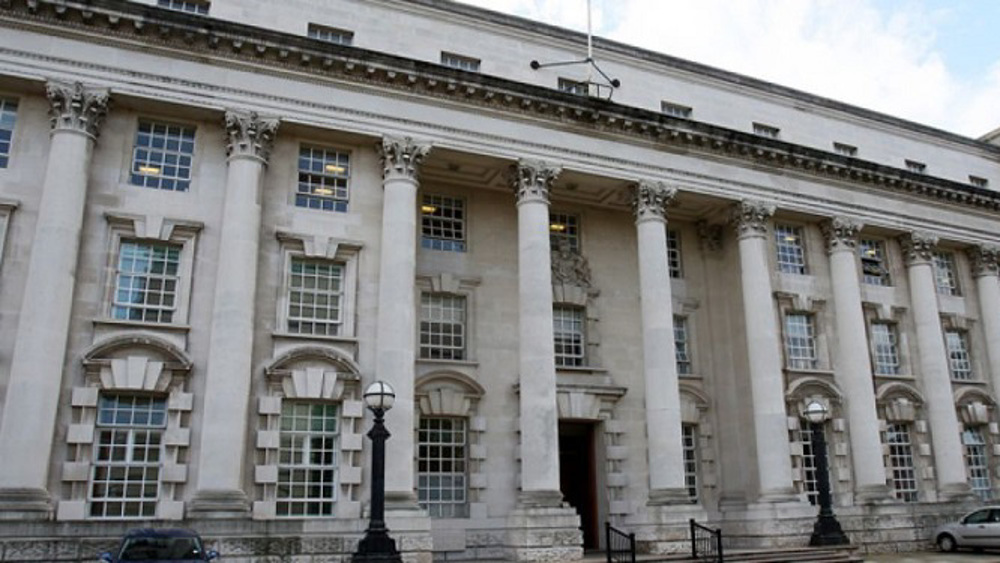
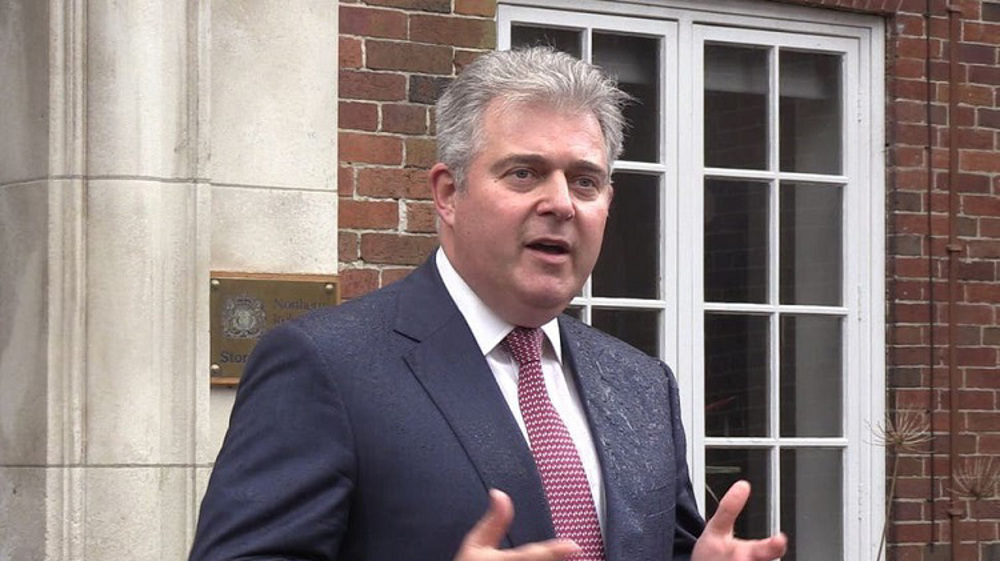
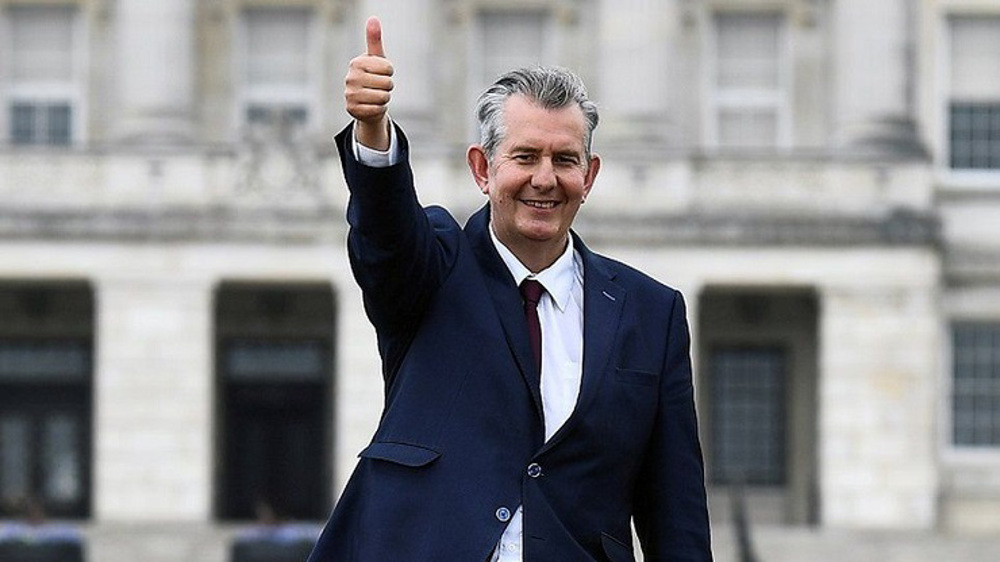
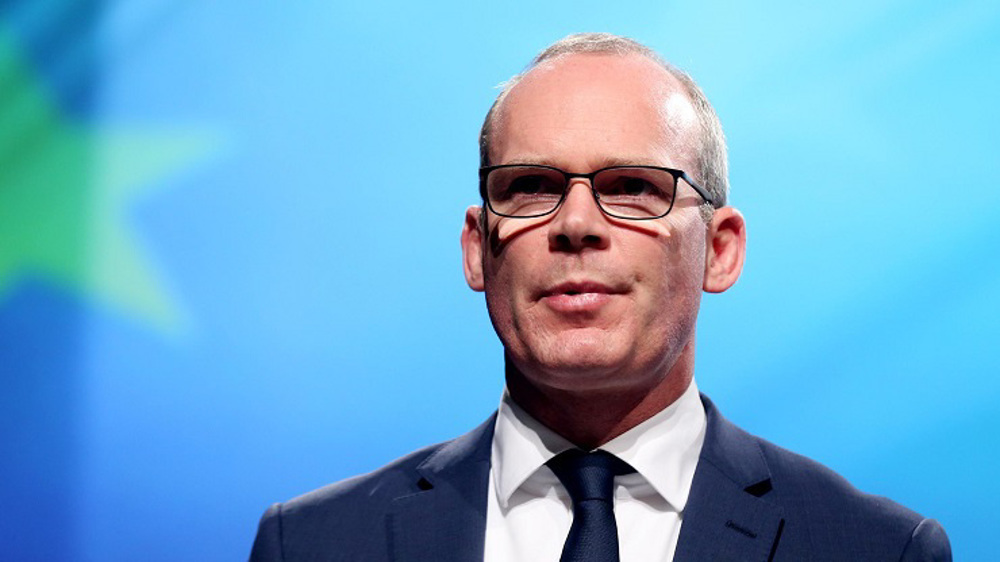
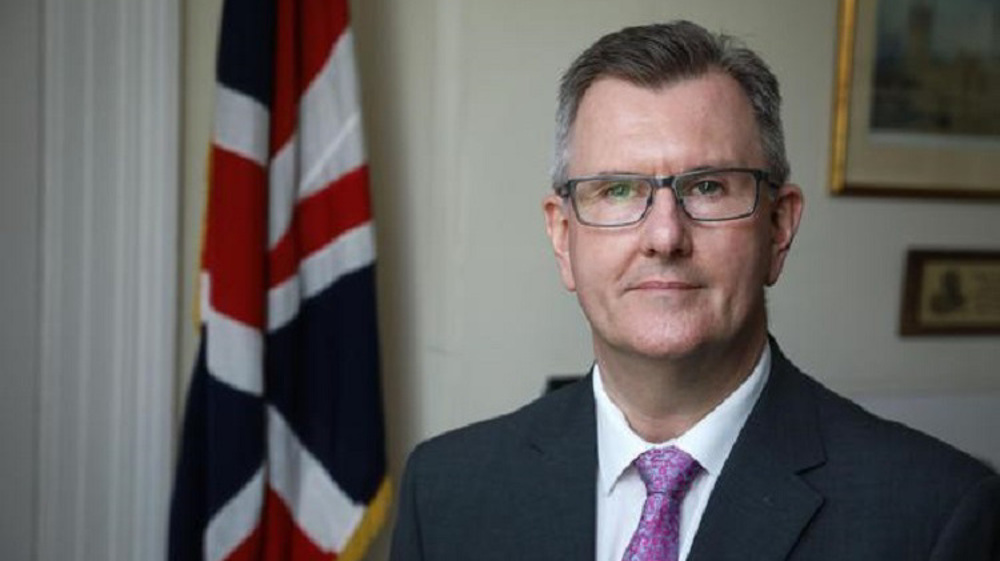








 This makes it easy to access the Press TV website
This makes it easy to access the Press TV website